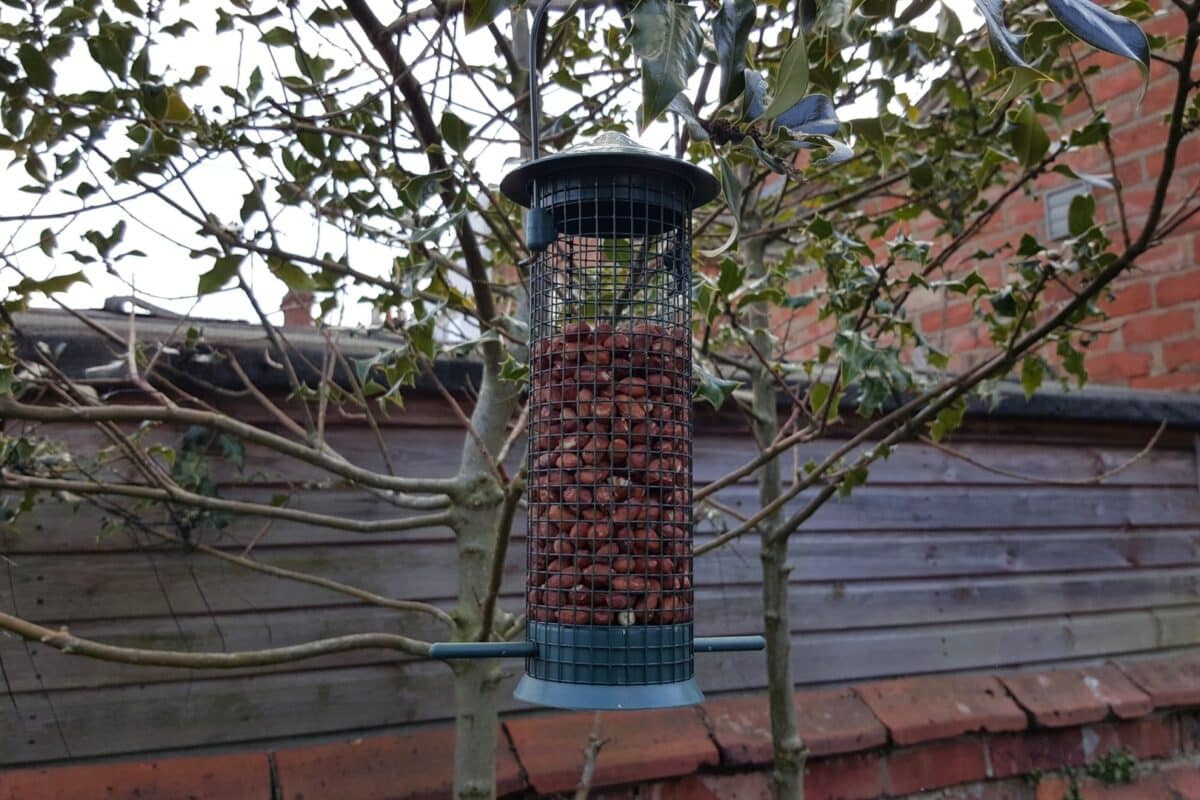Over the summer, some friends and I went up to the Lake District for a walking holiday. We hired a cottage just outside Grasmere and had a great time of spectacular views, spectacular food and some spectacular rainfall. In the garden of our cottage was a bird feeder, which you could see if you were in the sitting room. We became transfixed with the different birds that came – nuthatches, a woodpecker and a very clumsy collared dove.
So, when I got back home I decided to set up a bird feeder in my garden. It took me a while to get round to it, but I finally managed to get the feeder, buy some peanuts and hang it on a tree that I can see from my home office. Each day I glance through the window at the feeder to see what kinds of birds it’s attracting, and each day I see nothing.
Well, not quite nothing. I’ve seen a blue tit and a coal tit. Maybe 15 peanuts have gone from the feeder. I feel snubbed. Can’t the birds in my neighbourhood see my generosity in opening up my garden and offering the best peanuts money can buy? What makes it worse is that I can see another bird feeding station which is always thronged with our feathered friends. What does that station have that my feeder doesn’t?
You may see where I’m going with this. Recently, attendance at one of the groups at my church went down and down. Meanwhile, a similar group in a neighbouring church was popular beyond belief. In the end we decided that it wasn’t the best use of our limited resources and decided to stop the group. What were we doing wrong? Should we have continued?
You know, when something isn’t an immediate success or if a ministry is on the wane, it’s hard to know what to do. We might shut it down too early, without giving it much of a chance to grow. Or we might insist on carrying on when it’s obvious to everyone (apart from us) that the ministry is way past its best.
Often, the churches we work in want some kind of measure of success (and rightly so, if they’re investing time and money into our ministry), but success can sometimes be related to numbers, rather than quality of work. We can be forced to let the numbers speak, rather than testimony. Those with oversight on our work might look jealously at the ministry of others and wonder why ours isn’t done just as well.
How do we get out of this? Well, prayer is the first step. Getting God’s guidance on ministry (and whether to carry on or fold) is vital. But taking those who manage us with us on the journey is also important.
How invested in your children’s and family ministry are the PCC members or church ministers? How can you take them with you? Try inviting them to your groups (following your safeguarding policy, of course!) or your planning meetings. When you discuss your ministry, refer to it in the context of the church’s overall vision for mission and discipleship. Co-opt PCC members on to your team!
If our ministers and PCCs have bought into the work we do, then they are more invested in its success and more likely to play the long game with us and give ministry time to grow. They are also more informed about when it might be best to call time on a ministry.
Now, I’m not taking my bird feeder down, but I will resist the urge to launch a night-time raid on my neighbour’s bird table. For the time being, anyway…
